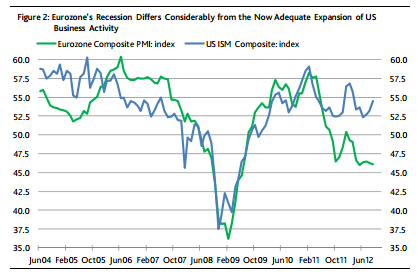The popular perception of geniuses are these crazily brilliant people who seem to effortlessly excel at everything. This is the view that Hollywood evangelizes. This is the view that every interview with or article that cites a "Nobel Prize Winner" essentially assumes, as if a Nobel Prize indicates infallibility. But, is this really right?
Malcolm Gladwell's answer is an emphatic no. In Malcolm Gladwell's "Outliers", Gladwell argues that a lot of what makes for genius is just plain dumb luck and perseverance. Gladwell suggests that one of the biggest things that seems to separate geniuses from the rest is that they spend a lot more time practicing. In his book, he grabs on to the magical number - 10,000 hrs of practice.
Now, I have to say that while I found the concepts in his book very compelling, his analysis left me cold. At one point in the book he lists some of the wealthiest people in the world through history and proceeds to make a number of assertions about the list. The problem is that his list seems inexact and incomplete at best and dubious at worst.
Anyway, recently I came across a totally different approach to making a somewhat similar point in Joel Achenbach's blog. The article was one he had apparently written in 1995 (which means he beat Gladwell to the idea by a fair bit). What Achenbach argues is that if you look around you'll find examples of really poor output from geniuses. He illustrates this pointing to examples from Beethoven, Shakespeare, Einstein, etc. Geniuses are often wrong. They often produce mediocre if not bad output. Yet, what sets geniuses apart is that they persevere.
I am not sure Achenbach is more conclusive than Gladwell, but read together, they make a persuasive case that perseverance and practice are important factors in being a genius, and natural talent without effort probably won't lead to genius.
Malcolm Gladwell's answer is an emphatic no. In Malcolm Gladwell's "Outliers", Gladwell argues that a lot of what makes for genius is just plain dumb luck and perseverance. Gladwell suggests that one of the biggest things that seems to separate geniuses from the rest is that they spend a lot more time practicing. In his book, he grabs on to the magical number - 10,000 hrs of practice.
Now, I have to say that while I found the concepts in his book very compelling, his analysis left me cold. At one point in the book he lists some of the wealthiest people in the world through history and proceeds to make a number of assertions about the list. The problem is that his list seems inexact and incomplete at best and dubious at worst.
Anyway, recently I came across a totally different approach to making a somewhat similar point in Joel Achenbach's blog. The article was one he had apparently written in 1995 (which means he beat Gladwell to the idea by a fair bit). What Achenbach argues is that if you look around you'll find examples of really poor output from geniuses. He illustrates this pointing to examples from Beethoven, Shakespeare, Einstein, etc. Geniuses are often wrong. They often produce mediocre if not bad output. Yet, what sets geniuses apart is that they persevere.
I am not sure Achenbach is more conclusive than Gladwell, but read together, they make a persuasive case that perseverance and practice are important factors in being a genius, and natural talent without effort probably won't lead to genius.








